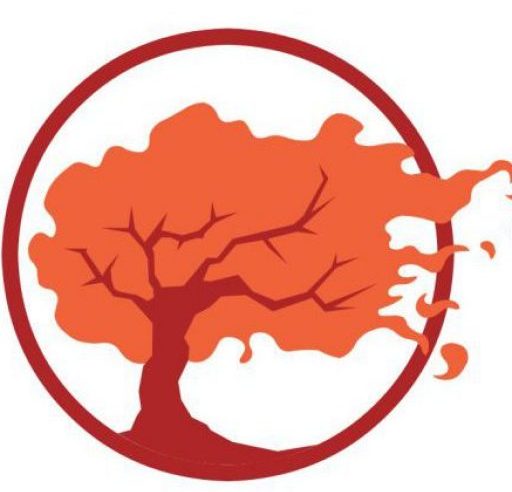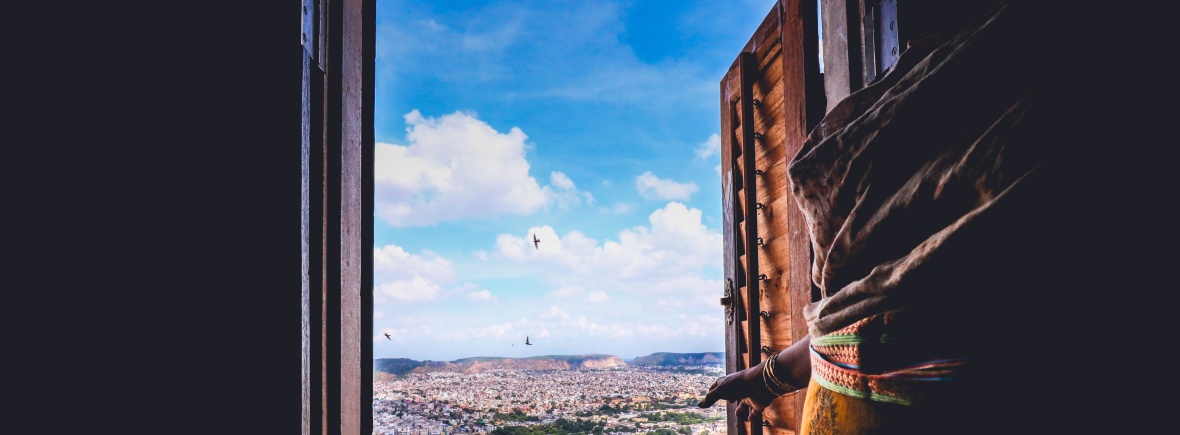Photo by Shashank Sahay on Unsplash
A 3-part series; each workshop stands on its own, or can be taught as part of the whole. For writers across the genres interested in shifting and expanding their ideas about craft and language, through reframing and recontextualizing the concepts of creative writing. Each workshop uses multicultural and interdisciplinary materials, integrates many writing explorations into the discussions; and goes deeper into concepts which leave “writer’s block” way behind. Centrally creative writing courses, these workshops also offer powerful tools to support work for social change; self-transformation and personal growth; diversity training; and community-building.
“A dream can be the highest point of a life.” —Nigerian writer Ben Okri, The Famished Road
Whether you are a member of a writing group or connected with a literary or educational institution, contact me to arrange a writing workshop in your area.
The workshop series consists of three sections:
- Writing for Social Change: Re-Dream a Just World
- Place and Exile/Borders and Crossings
- Yearning and Justice: Writing the Unlived Life
These workshops have been and can be taught in many different formats and time schedules. Each section stands on its own, or can be taught as part of the whole, whether in private workshops, conferences, or retreats, or in a semester-long university course. They treat writing across the genres, using multicultural and interdisciplinary materials.
While it is named a writing course and certainly has that focus—it also offers powerful tools for activists and social change agents in many settings; for self-transformation; for building community; for diversity training; for healing; for leaving “writer’s block” way behind; for developing tools to write and speak the truth in its fullness; for integrating the parts of the self.
WORKSHOP DESCRIPTIONS
1. Writing for Social Change: Re-Dream a Just World
Writing for Social Change: Re-Dream a Just World, begins with an exploration of the profound connection that the act and art of writing have to the work of increasing social justice. We will find in our passion for justice a powerful engine to drive our writing; to reveal, to witness, to commemorate, and to explore language, character and story. But potent as well in freeing and deepening our writing is our work to re-examine the craft and concepts of good writing, whether poetry or prose, fiction or nonfiction, by grounding the craft in its political and historical context. The work of association, for instance, of revealing the connections between things that seem not to be connected, is basic to both the poetic and the political. The readings for this course bring forward an understanding of the craft and issues of creative writing, as well as offer examples of prose and poetry, fiction and nonfiction, that bring together extraordinary craft with concerns for social and economic justice. The reading selections are, by the nature of this course, far-reaching, multicultural and interdisciplinary, and support and inspire much participant writing.
Through a series of writing explorations, and with the inspiration of authors who have grappled with how writing makes an impact on the world, the work we do together offers ideas for and practice in ways of using writing for social change. These workshops support us in coming to voice, which is an intrinsic part of the process of overthrowing personal, group and societal censors and tyrants to recover what has been silenced and to empower each speaker. It goes much further, examining some of what is at the heart of writing that can break the social silences, recover people’s history, reveal connections among all things and beings, and re-dream a just world.
For writers at all levels of experience, across the genres, whether prose or poetry, fiction or nonfiction.
2. Place and Exile; Borders and Crossings
This workshop breaks ground in expanding our writing in both content and craft. We will work to go beyond the usual instruction that all writers must write from a sense of place, and instead catch up with a world of peoples in exile from their ancestral homes; often in flight, in war, in refugee camps, and crossing borders that are not only geographic, but also cultural, linguistic, racial, and gender- and class-related. The participants will also be encouraged to create work that speaks of the massive changes to “place”, to environment, that climate change has put into motion. This work on borders and crossings connects directly as well to the building of story, and the understanding that there is always a story next to each story we tell or write. As well, the full development of characterization has much to do with the ability of the writer to cross borders, with knowledge, compassion and respect. The ability to enter another’s world, including that of an object, as Neruda does in his Elemental Odes, is of course of central importance for poetry and essays as well as narrative. We explore the work of entering and writing the lives of others with a sense of inquiry that does not appropriate.
Very important in our exploration of the relationship of writing to place is the way that writers, even those writing in a language that is not their first tongue, work to make a home in language, thereby filling their creative expression with tension and resistance, music and power. We will look at these evocative and emotional issues in our discussions, and in the illuminating work of other writers, and challenge ourselves in our far-reaching writing explorations to cross boundaries that will free our writing, and deepen our understanding of and respect for the worlds and characters we write about. This workshop yields a great deal of new writing for the participants, as well as a re-visioning of the concepts of literary craft.
For writers at all levels of experience, across the genres, whether prose or poetry, fiction or nonfiction.
3. Yearning and Justice: Writing the Unlived Life
In this workshop we go way beyond the usual concept of the backstory as the essential for development of characterization and plot, and into the rich concept of the unlived life. For each of us, our society, culture, family, and history, individual and intergenerational, give birth to an unlived life hidden within the life we live to get by. This land of yearning, bordered by frustration, overwork, distractions and violences, large and small, is charged by the deep human desire to create and to express, and to fulfill the individual and social self in creativity and community. All that we have not done or said, have not lived or been able to create; all that we deeply yearn for, moves us as powerfully as that which we have lived. Working with these conscious and unconscious yearnings that move us (and our characters) through life, opens us to a tremendous source of writing that not only deepens characterization and opens story, but hits at the core of what we strain for as we write—perhaps, to express the inexpressible—and, at the core of what we yearn for in our hopes and work for social justice. Writing the unlived life galvanizes our writing in powerful personal and political ways, as it connects to our deep yearnings for our own lives, and for a world of peace and justice, a world in which we can realize our full potential.
Using the unlived life and its yearnings in story expands and deepens characterization, and opens up the stories we write in unexpected ways. By the nature of yearning, this material gives us ways to work with the “unsaid”, with the whispers of subtext in story, with powerful unspoken sources of behaviors in our characters. As writers of the unlived life, we will work to develop the stories, both in fiction and memoir; the poems; and the personal essays, which recognize and portray those aspects of ourselves and of others that have limited social space in which to flourish. This workshop offers ideas for and practice in ways of accessing the unlived life to give birth to powerful images, complex characters, fuller story context, and thoughtful and compassionate analysis of the world around us, and within us, all of which simultaneously supports the full development of our written work.

